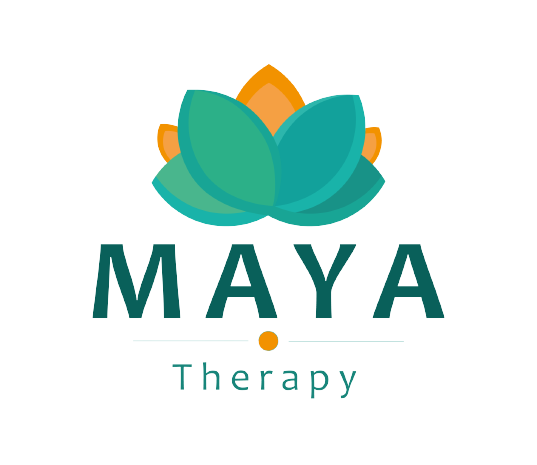In my counseling private practice more often than not my clients express doubt about how writing or jotting down their thoughts and emotions can help, where and how to start journaling or they are journaling but do not find it helpful.
When we try something that is suppose to help us without having a good idea of how it is going to be helpful to us, we fall pray to a ‘nothing works’ mentality.
Journaling can be a therapeutic and a reflective practice, a powerful tool for processing emotions and gaining insights into your thoughts and feelings.

So without further ado lets dive into this quick read where I have highlighted numerous benefits of journaling and how it can be a great tool to lead a present and fulfilling lifestyle.
Emotional Outlet:
-
- Journaling provides a safe and private space to express emotions, help you release pent-up feelings and gain emotional clarity.
Stress Reduction:
-
- Writing about stressful experiences can reduce the impact of stress on mental health. It serves as a form of catharsis, allowing you to unload your burdens onto paper/digital file.
Self-Reflection:
-
- Regular journaling fosters self-awareness by prompting you to reflect on your thoughts, actions, and goals. This self-reflection contributes to personal growth and development.
Problem Solving:
-
- Writing about challenges and brainstorming potential solutions in a journal can be a constructive way to tackle problems. It encourages critical thinking and helps you gain perspective on your issues.
Goal Setting and Tracking:
-
- Journaling provides a platform for setting and tracking personal and professional goals. This process can enhance motivation, focus, and accountability.
Creativity Boost:
-
- Freewriting and creative journaling exercises stimulate the imagination. Engaging in creative expression through writing can unlock new ideas and perspectives.
Memory Enhancement:
-
- Journaling helps in recording events, experiences, and thoughts. This not only preserves memories but also enhances memory recall and cognitive function.
Gratitude Practice:
-
- Incorporating a gratitude journaling habit can shift focus towards positive aspects of life, fostering a sense of appreciation and contentment.
Improved Communication:
-
- Regularly putting thoughts into words in a journal can enhance communication skills. This can extend to better self-expression in personal and professional relationships.
Time Capsule:
-
- Journals serve as a time capsule, capturing moments and insights that can be revisited in the future. This retrospective view can be enlightening and nostalgic.
Health Benefits:
-
- Research suggests that expressive writing in a journal may have physical health benefits, such as boosting the immune system and reducing symptoms in various health conditions.
Mindfulness and Relaxation:
-
- Engaging in mindful journaling, such as recording sensory experiences or practicing gratitude, can promote relaxation and a sense of presence in the moment.
Personal Accountability:
-
- Writing down thoughts and actions fosters a sense of accountability. It becomes a tangible record that you can reflect upon and learn from.
Coping Mechanism:
-
- Journaling can be a valuable coping mechanism during challenging times, providing a structured and personal outlet for managing stress and emotions.
Now that you are all caught up with benefits of journaling, stay tuned for useful tips and tools for journalin




